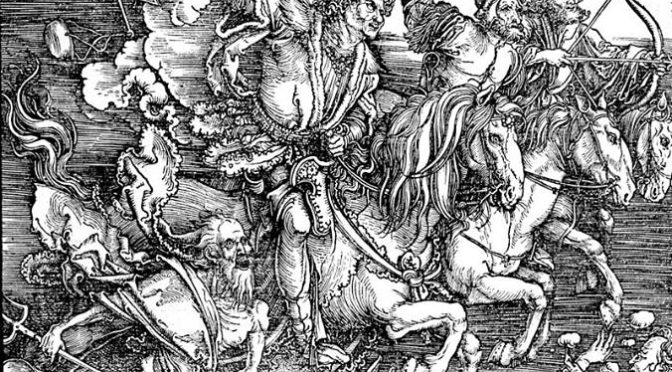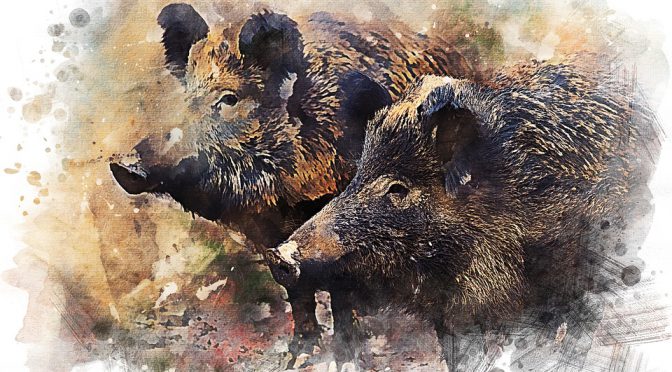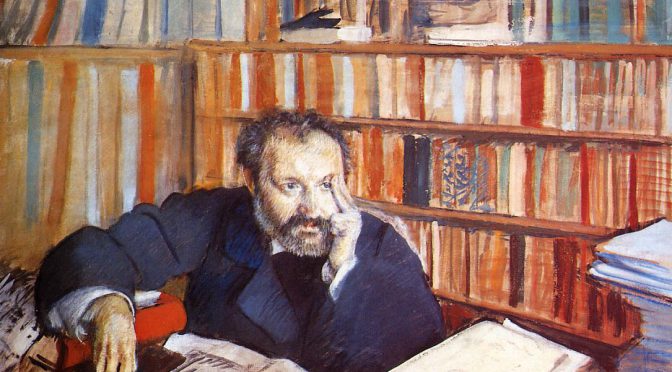International Workshop
Datum a místo: 27. února 2020, Praha
Deadline pro zasílání přihlášek: 15. listopadu 2019
Organizátoři: ÚDU AV ČR a CEFRES
Ve spolupráci s: ÚSD AV ČR a Université Paris-Nanterre
Jazyk: angličtina

Interwar East-Central Europe gave rise to an international movement of left-wing activist photographers, whose aim was to expose the workers’ living and working conditions through mass-produced documentary photographs. Despite growing research in the wake of the landmark exhibition “The Worker Photography Movement” in Madrid in 2011, we still have difficulties grasping this photographic production in its full scope because the conditions in which it was preserved and transmitted over generations have not been systematically explored.
Originally, social, proletarian, or worker photography, as named by its proponents, was presented by the Communist propaganda as a weapon in the class struggle. It was meant to supply left-wing printed media with images documenting the life of workers in order to counteract the influence of “bourgeois” illustrated magazines. Therefore, some of the photographs were kept in the picture archives of newspapers, while others remained in the hands of their authors. The Nazi occupation of Europe brought about a shift in the conservation of worker photography by leading the Communists to hide or to destroy archives that were deemed compromising. As a result, picture archives in journals such as Arbeiter Illustrierte Zeitung in Germany, Regards in France or Rudé Právo in Czechoslovakia, as well as other archives of press agencies and leftist organizations across Europe, disappeared.
After World War II, however, many of these photographs resurfaced and were granted a second life. Some were moved to documentary collections of the Communist historical museums which blossomed in countries of the Eastern Bloc in the 1950s, while others were included in the photographic collections founded in art museums from the 1970s. Such transfers brought about shifts in the status and uses of these images. Worker photographs turned into historical documents or works of art, despite having been originally conceived of as news or reportage photography and mass-reproductions. Having become cultural objects in their own right, they were used for political or historical purposes. Today, this visual material still raises issues of status and past political uses, which art and history museums in East-Central Europe have to address through new museum practices.
This international workshop examines the legacy of worker photography as museum object, cultural heritage and history in East-Central Europe from 1945 until today. How was worker photography preserved, historized, and mediated in East-Central European museums? The goal is to provide a multifaceted perspective on worker photography by confronting its political and historical uses and its musealization (van Mensch 1992) after 1945 on the one hand, and the memory issues it raises today on the other.
The workshop is part of the interdisciplinary and international sessions organized by the Photography Research Centre at the Institute of Art History of the Czech Academy of Sciences (https://www.udu.cas.cz/en/photography-research-centre/). Established in 2018, the Centre ambitions to become a singular platform for interdisciplinary research in the Czech Republic, with the objective of overcoming national, branch-based and mono-institutional approaches of photography and photographic history in Central Europe.
Papers are sought on worker photography in museum collections in East-Central Europe, addressing the following questions :
- Contextual and ethical reasons that led to conserving worker photography;
- Actors and institutions involved in this process;
- Conservation and cataloguing procedures (themes, metadata and documentation);
- Exhibition, mediation and display practices;
- The political, ideological and cultural uses of worker photography in museums;
- Historiography: uses of worker photographs as illustrations of official narratives, or worker photography histories, be they local or transnational;
- Worker photography as evidence, historical document, work of art;
- Shifts observed: from the private to the public sphere, from one medium or format to another;
- Material forms: analogue (prints, photomechanical reproductions) or digital;
- International exchanges between institutions and circulation of photographs;
- Comparative outlooks on worker photography collections in East-Central Europe and beyond.
This call for papers welcomes presentations from scholars, curators, archivists and collection managers who engage with the questions of the preservation, collection, exhibition and historiography of worker photography in East-Central European museums after 1945.
Deadline for submissions: 15 November 2019
Paper proposals: abstract of up to 300 words for 20 minute talks and a short biography (c. 150 words) can be sent to Fedora Parkmann (parkmann@udu.cas.cz).
Conferences costs: Help with travel and accommodation costs may be offered to participants who are not able to secure funding from their institutions.
The workshop will take place in Prague on 27 February 2020 at the CEFRES (French Research Center in Humanities and Social Sciences). The workshop language is English.
Organization:
- Fedora Parkmann (Institute of Art History, Czech Academy of Sciences/CEFRES)
- Christian Joschke (Université Paris-Nanterre, Paris) – scientific collaboration
Scientific committee:
- Jérôme Heurtaux (CEFRES)
- Petr Roubal (ÚSD AV ČR)
- Petra Trnková (Photographic History Research Centre, ontfort University, Leicester/Vědecké centrum fotografie, ÚDU AV ČR)




